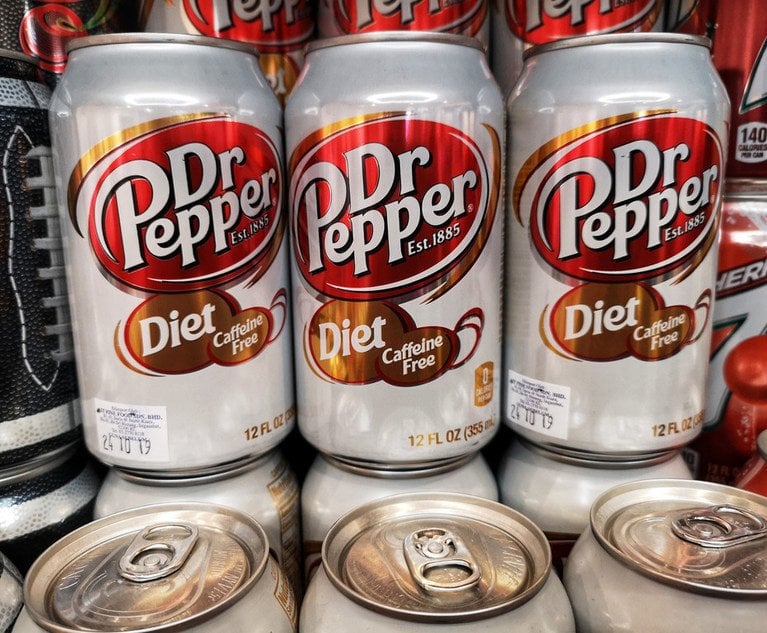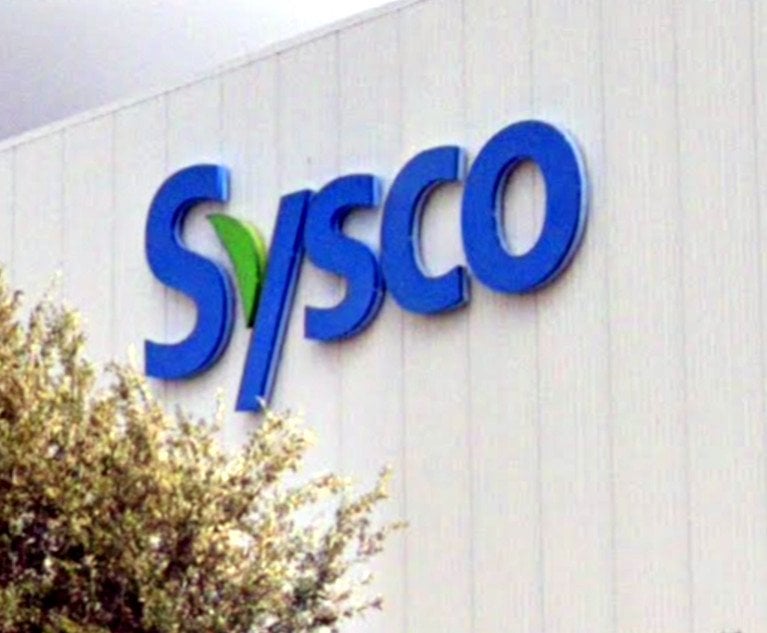Emerging technologies spawn new opportunities, but also require new thinking in ancillary fields such as law. The growth in food delivery apps such as DoorDash, Grubhub and Postmates paved the way for so-called “ghost kitchens,” which in turn have necessitated new thinking about the legal needs for such enterprises.
Ghost kitchens are retail food service enterprises with no meaningful brick-and-mortar service space, as opposed to food preparation space. Conventional restaurants exploit food delivery to augment existing dine-in, to-go, and/or curbside pickup food service at brick-and-mortar locations. Pop-up restaurants simply repurpose existing retail locations for a conventional—if temporary—restaurant. By contrast, a ghost kitchen is centered on food delivery, leveraging food delivery apps and commercial kitchen space in a model resembling Amazon Stores for meals. While avoiding front-of-house headaches such as wait staff and décor, ghost kitchens face overlapping but differently weighted challenges from conventional restauranteurs—including in the area of legal protection.


 Dan Venglarik of Munck Wilson Mandala. (Courtesy photo)
Dan Venglarik of Munck Wilson Mandala. (Courtesy photo)




